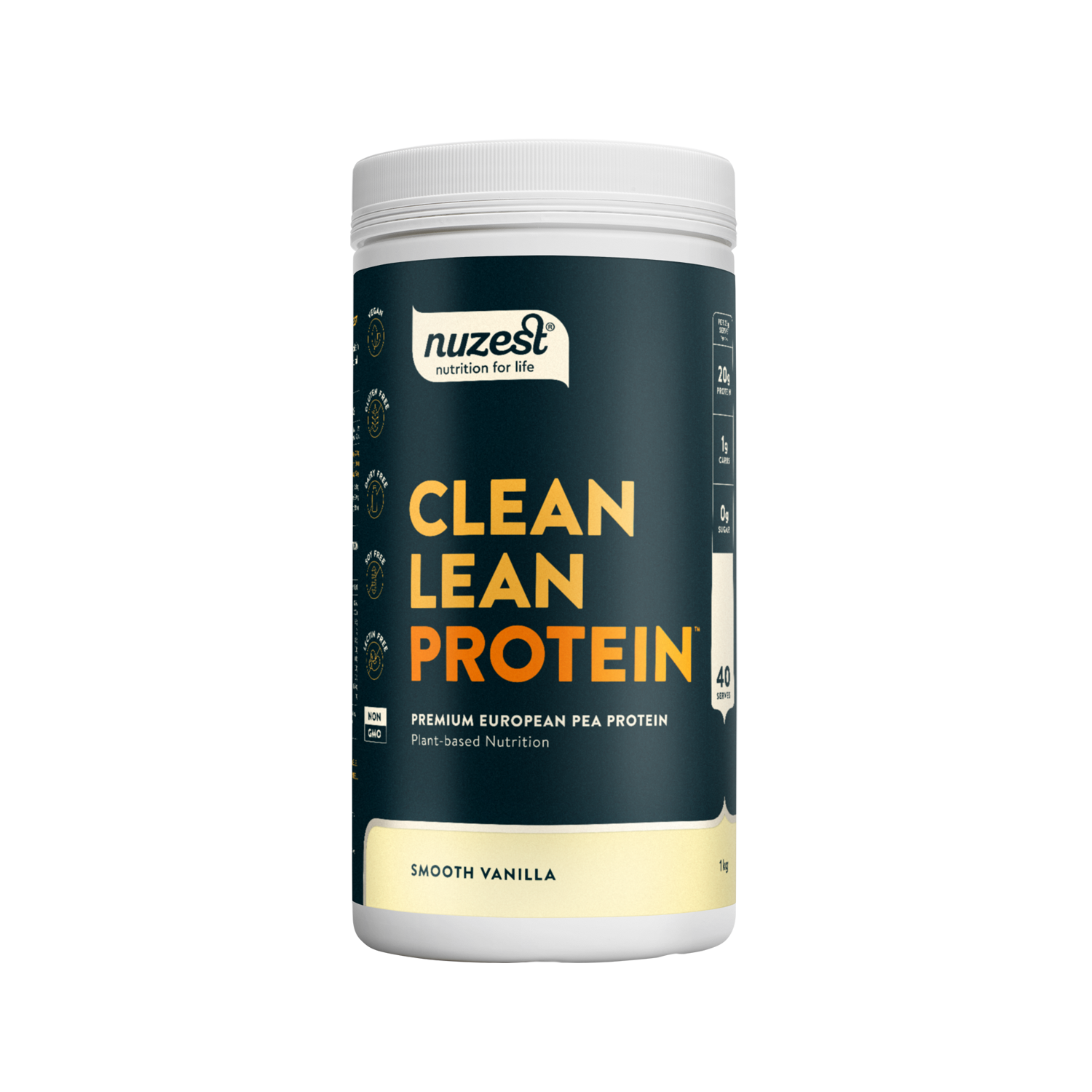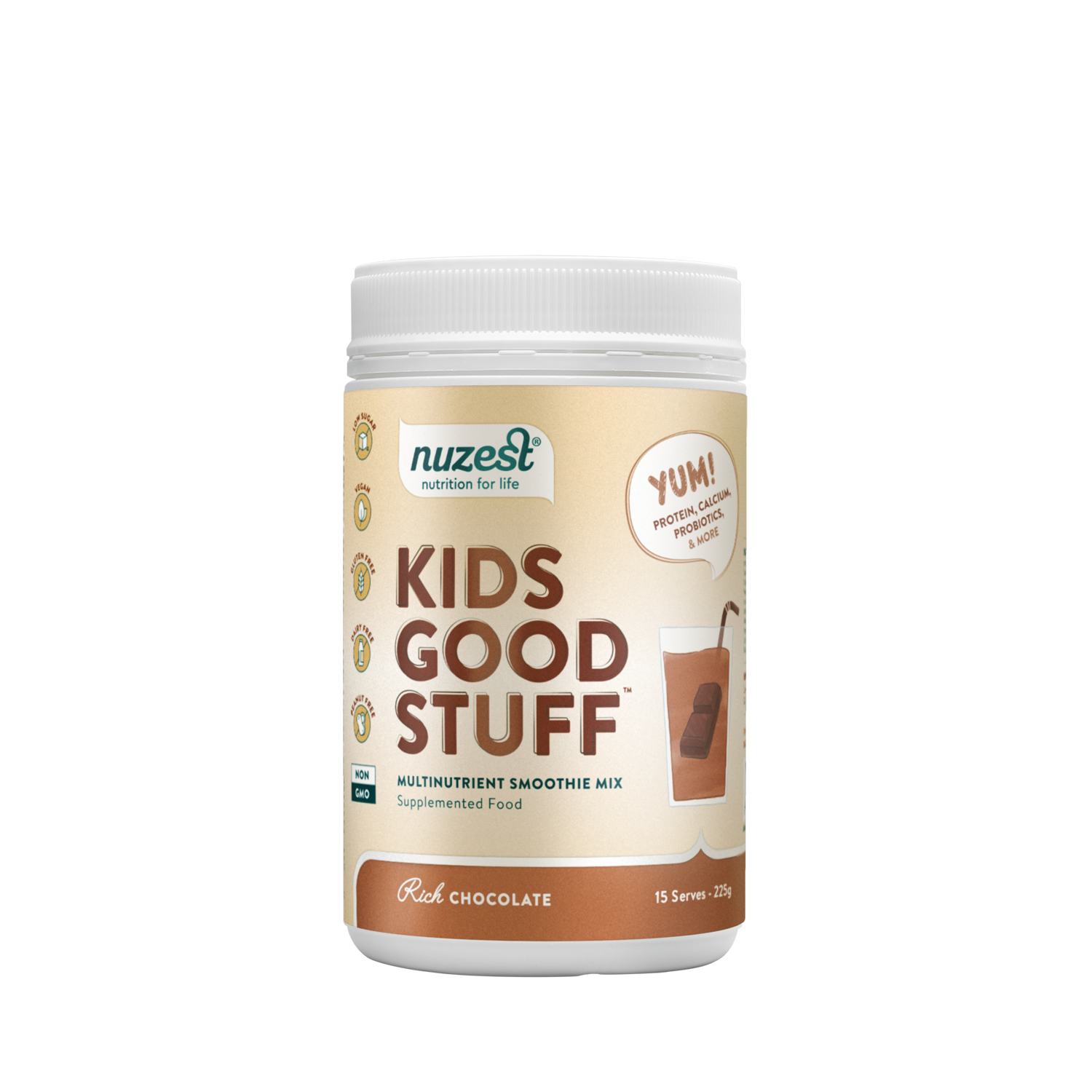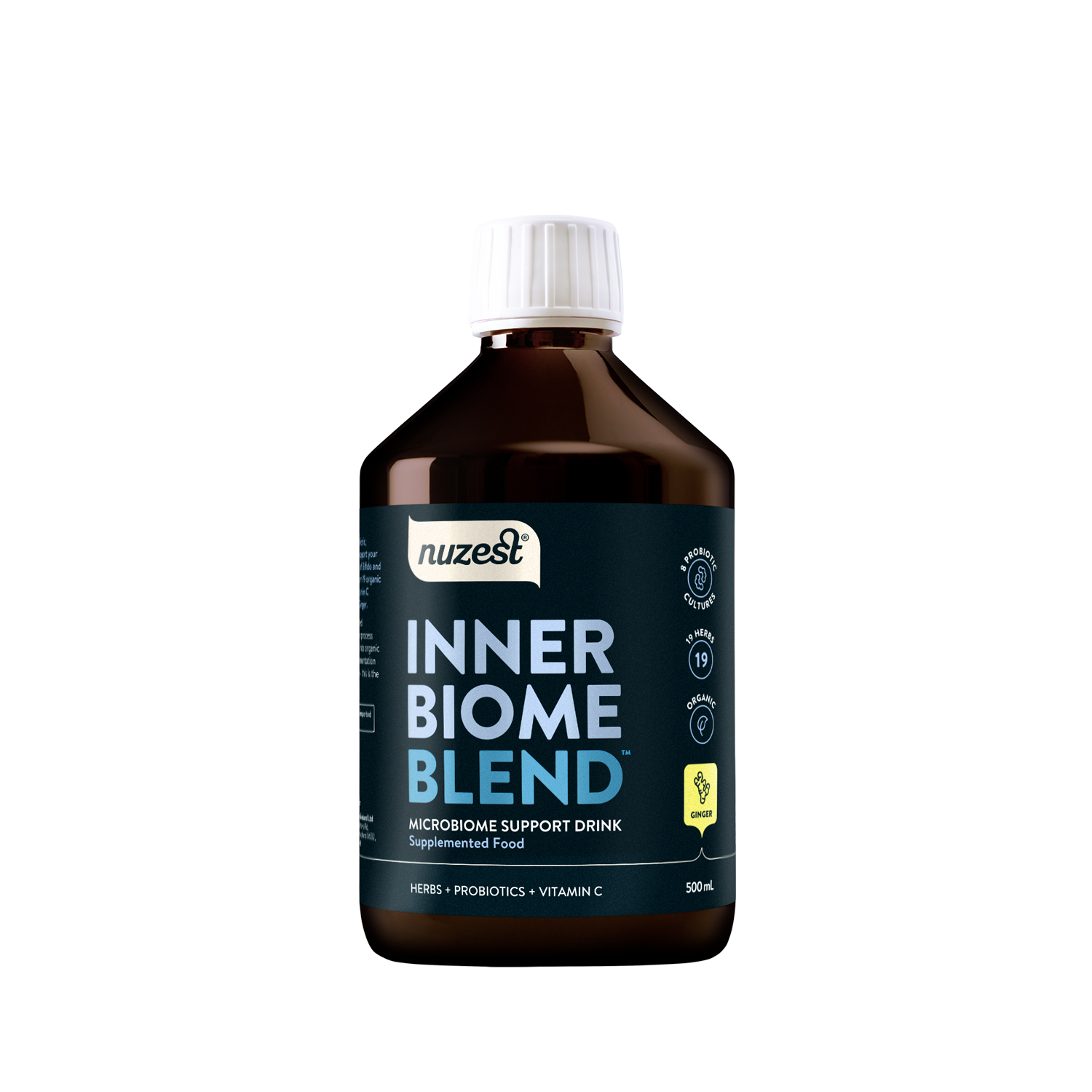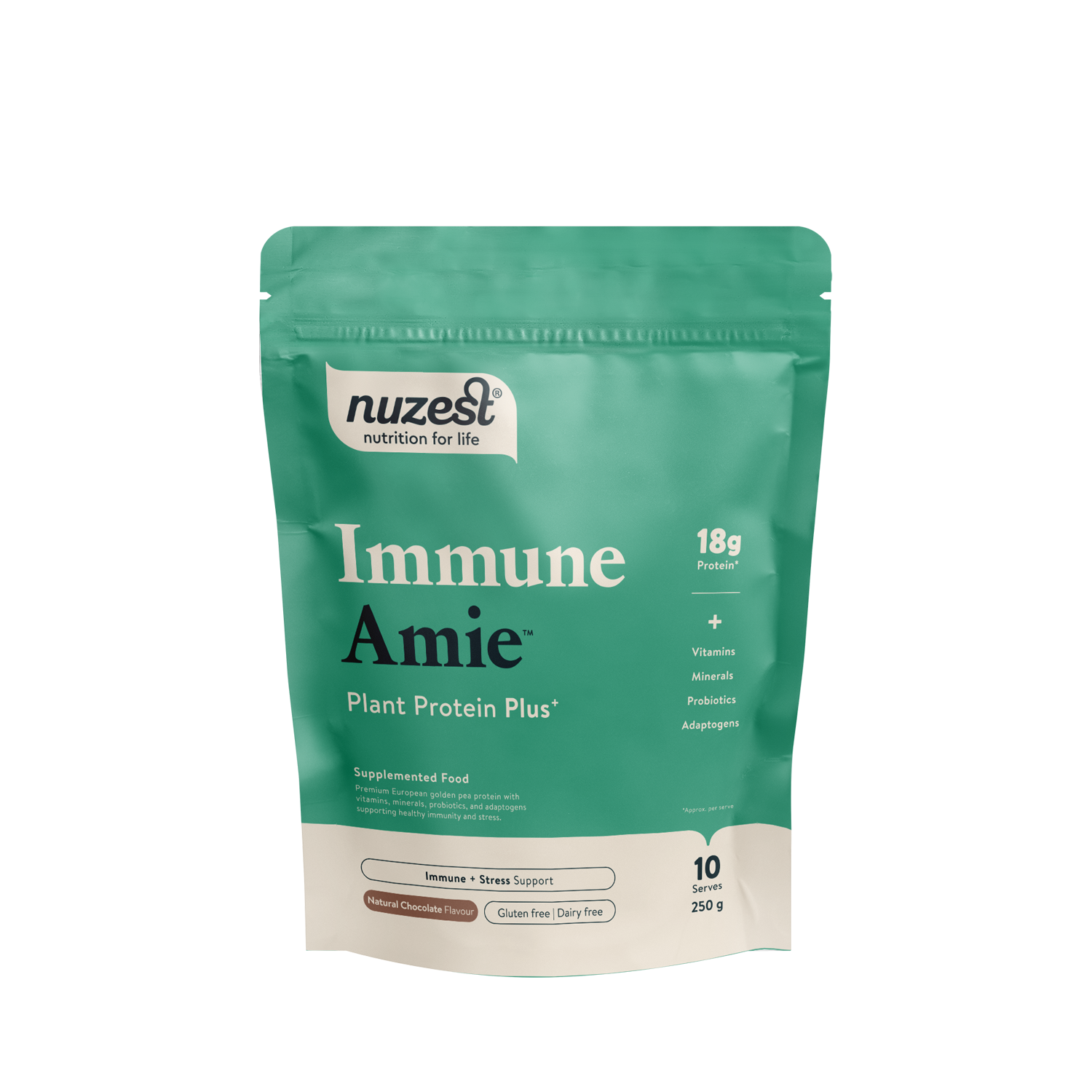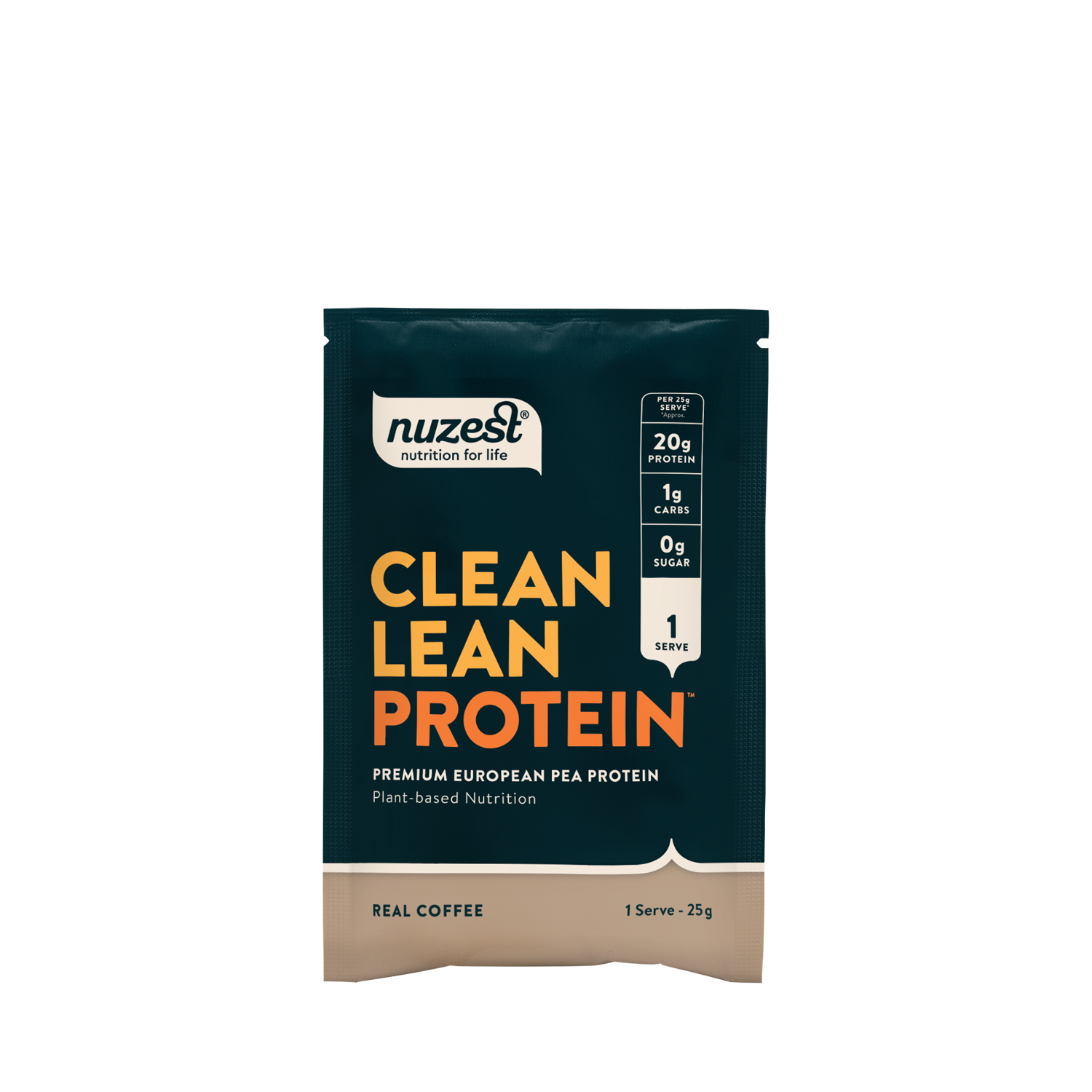Men's Nutrition: The Foundation of Peak Performance and Long-Term Health

June marks International Men's Health Month, making it the perfect time to spotlight a critical yet often overlooked aspect of men's wellness: nutrition. While men are typically encouraged to focus on physical fitness and strength training, the nutritional foundation that supports these goals—and overall health—frequently takes a backseat.
The statistics paint a concerning picture. Men are more likely than women to die from heart disease, diabetes, and stroke, with many of these conditions directly linked to poor dietary habits and nutritional deficiencies. What's particularly striking is that men often view nutrition as secondary to exercise, when in reality, these two pillars of health work synergistically to optimize performance, recovery, and longevity.
The Unique Nutritional Landscape for Men
Men face distinct nutritional challenges that differ significantly from women's needs. Higher muscle mass, increased metabolic rates, and different hormonal profiles create specific requirements that generic nutrition advice often fails to address.
Protein: The Building Block of Male Health
Protein stands as perhaps the most critical macronutrient for men's health, yet many fail to consume adequate amounts. Research consistently shows that men require approximately 1.2-2.2 grams of protein per kilogram of body weight, depending on activity level—significantly higher than general population recommendations.
The Muscle-Metabolism Connection
Men naturally carry more muscle mass than women, with testosterone facilitating greater muscle protein synthesis. However, after age 30, men lose approximately 3-8% of muscle mass per decade without proper nutrition and exercise intervention. This muscle loss, known as sarcopenia, doesn't just affect appearance—it directly impacts metabolic health, bone density, and functional capacity.
High-quality protein sources become crucial in this context. Plant-based proteins, particularly pea protein isolate, offer unique advantages. Unlike some animal proteins that may come with saturated fats or processing concerns, premium plant proteins provide complete amino acid profiles while supporting cardiovascular health—a critical consideration given that heart disease remains the leading cause of death among men.
Supporting Hormonal Health
Adequate protein intake supports healthy testosterone production, which naturally declines by approximately 1% per year after age 30. This decline affects not just libido and muscle mass, but also energy levels, mood, and cognitive function. Quality protein sources provide the amino acid building blocks necessary for optimal hormone synthesis.
Micronutrient Deficiencies: The Hidden Health Saboteurs
While macronutrients often capture attention, micronutrient deficiencies represent a silent epidemic among men. Modern agricultural practices, processed food consumption, and lifestyle factors contribute to widespread nutritional gaps that can significantly impact health outcomes.
The Antioxidant Gap
Men typically consume fewer fruits and vegetables than women, leading to deficiencies in critical antioxidants and phytonutrients. This gap becomes particularly problematic given men's higher rates of oxidative stress from factors like increased muscle mass, higher metabolic rates, and lifestyle factors such as smoking and alcohol consumption.
Comprehensive nutritional supplements containing diverse antioxidant sources—from spirulina and chlorella to berry extracts and green tea—can help bridge this gap. Research demonstrates that adequate antioxidant intake supports cardiovascular health, reduces inflammation, and may even support cognitive function as men age.
Mineral Deficiencies and Their Consequences
Several minerals deserve particular attention in men's nutrition:
Magnesium: Essential for over 300 enzymatic reactions, yet up to 75% of men don't meet recommended intakes. Deficiency contributes to fatigue, muscle cramps, and cardiovascular issues.
Zinc: Critical for testosterone production and immune function, with requirements higher in active men due to losses through sweat.
Selenium: Supports prostate health and antioxidant defense systems, with intake often inadequate in regions with selenium-poor soils.
Cardiovascular Health: A Man's Priority
Heart disease kills one man every 36 seconds in the United States, making cardiovascular health a critical focus area. Nutrition plays a fundamental role in heart health, yet many men underestimate its impact.
The Plant-Based Advantage
Research consistently demonstrates that plant-forward diets support cardiovascular health through multiple mechanisms. Plant proteins, unlike many animal sources, come without cholesterol and typically contain less saturated fat. Additionally, they often provide fiber and phytonutrients that actively support heart health.
The landmark research on populations with exceptional longevity—the Blue Zones—reveals that plant-forward nutrition patterns consistently correlate with reduced cardiovascular disease rates and increased lifespan in men.
Beyond Basic Nutrition
Comprehensive nutritional support extends beyond basic vitamins and minerals. Adaptogens like ashwagandha have shown promise in supporting healthy stress responses, which directly impact cardiovascular health. Chronic stress elevates cortisol levels, contributing to hypertension, inflammation, and metabolic dysfunction—all cardiovascular risk factors that disproportionately affect men.
Mental Health and Cognitive Function
Men's mental health represents another critical area where nutrition plays an underappreciated role. Statistics show that men are less likely to seek help for mental health issues, making nutritional support even more crucial.

The Gut-Brain Connection
Emerging research reveals profound connections between gut health and mental wellbeing. The microbiome produces neurotransmitters, influences inflammation, and communicates directly with the brain through the gut-brain axis. Supporting gut health through probiotics, prebiotics, and diverse nutrients can positively impact mood, stress resilience, and cognitive function.
Stress and Cortisol Management
Modern life presents men with chronic stressors that can dysregulate cortisol patterns. Elevated cortisol contributes to abdominal weight gain, muscle loss, sleep disruption, and mood issues. Certain nutrients and adaptogens help modulate stress responses naturally, supporting better cortisol patterns and overall resilience.
Age-Related Considerations
As men age, nutritional needs evolve, yet awareness of these changes often lags behind.
Testosterone and Vitality
Natural testosterone decline affects multiple aspects of health beyond reproductive function. Energy levels, muscle mass, bone density, and even cardiovascular health all connect to hormonal balance. While nutrition alone cannot reverse aging, optimal nutrient intake supports the body's natural hormone production and utilization.
Prostate Health
Prostate health becomes increasingly important as men age, with nutrition playing a documented role in supporting healthy prostate function. Selenium, zinc, and various antioxidants show promise in supporting prostate health, yet many men remain unaware of these nutritional connections.
Practical Implementation Strategies
Understanding nutritional needs means little without practical implementation strategies that fit into men's lifestyles.
Simplicity and Efficiency
Men often prefer straightforward, efficient approaches to nutrition. Rather than complex meal planning or extensive supplementation routines, focusing on key foundational elements often proves more sustainable.
A high-quality protein source that provides complete amino acids can serve as a convenient foundation for busy schedules. Whether mixed into morning smoothies, post-workout shakes, or afternoon snacks, quality protein supports multiple health goals simultaneously.
Comprehensive Nutritional Insurance
Given the challenges of obtaining optimal nutrition from food alone—due to soil depletion, processing, and lifestyle constraints—comprehensive nutritional supplements can serve as valuable insurance policies. Products containing diverse vitamins, minerals, antioxidants, and supportive compounds help fill gaps that commonly exist in modern diets.
The Performance Connection
For men focused on physical performance, nutrition becomes even more critical. Whether pursuing athletic goals or simply wanting to maintain functional capacity, nutritional optimization supports multiple performance parameters.
Recovery and Adaptation
Exercise creates beneficial stress that stimulates adaptation, but only when supported by adequate nutrition. Protein supports muscle recovery and growth, while antioxidants help manage exercise-induced oxidative stress. Comprehensive nutrition accelerates recovery, allowing for consistent training and continued progress.
Energy and Endurance
Sustained energy throughout the day requires more than just adequate calories—it demands optimal nutrient density. B vitamins support energy metabolism, iron enables oxygen transport, and adaptogenic compounds help maintain energy during stress.
Looking Forward: Nutrition as Longevity Investment
Perhaps the most compelling argument for prioritizing men's nutrition lies in its impact on healthspan—the number of years lived in good health. While genetics play a role in longevity, lifestyle factors, particularly nutrition, significantly influence how well men age.
The concept of biological age versus chronological age becomes relevant here. Men who prioritize comprehensive nutrition often exhibit biological ages significantly younger than their chronological years, demonstrating better cardiovascular health, cognitive function, and physical capacity.
Conclusion
Men's nutrition represents far more than fuel for workouts or weight management—it serves as the foundation for optimal health, performance, and longevity. The unique physiological demands men face require thoughtful nutritional strategies that address both immediate needs and long-term health outcomes.
The path forward involves recognizing nutrition as an investment rather than an expense, understanding that quality nutrients support every aspect of health from hormone production to cardiovascular function to cognitive performance. Whether through whole foods, strategic supplementation, or both, prioritizing nutritional adequacy pays dividends in energy, health, and quality of life.
As we observe International Men's Health Month, the message becomes clear: true strength begins with the foundation of optimal nutrition. The men who recognize this connection and act upon it position themselves not just for better health today, but for continued vitality and performance throughout their lives.


